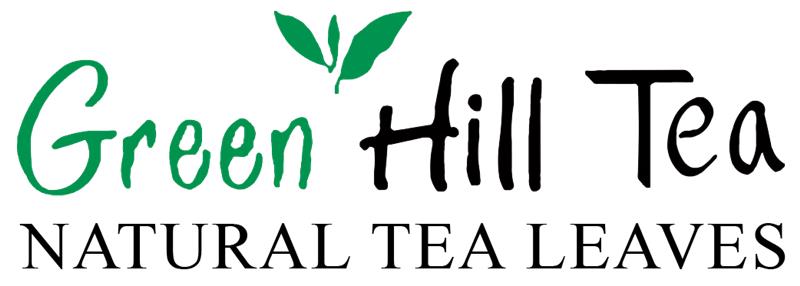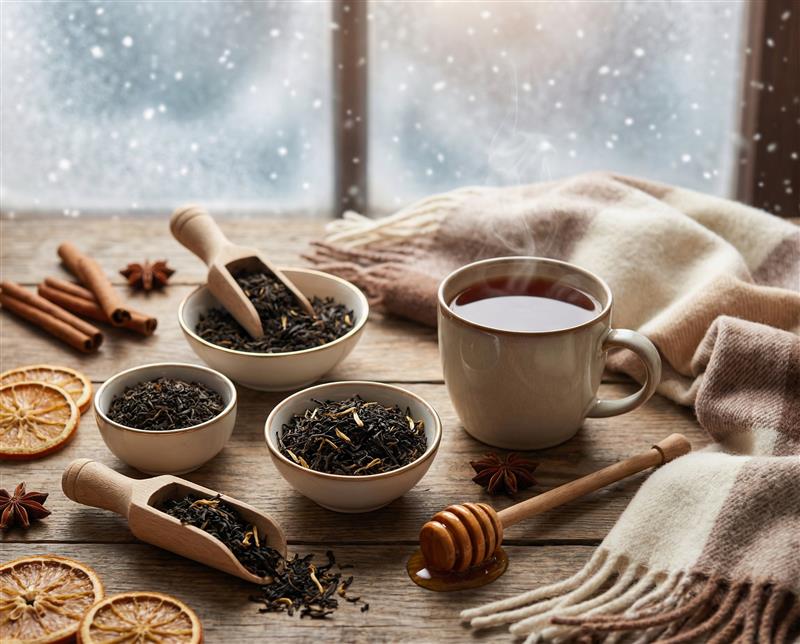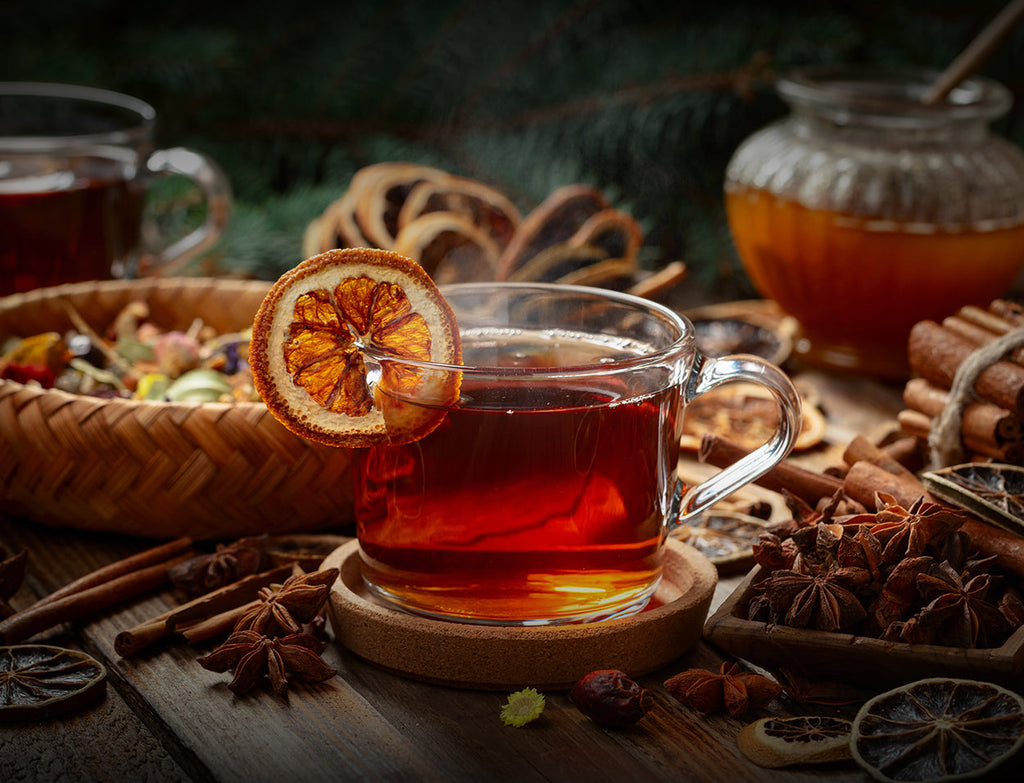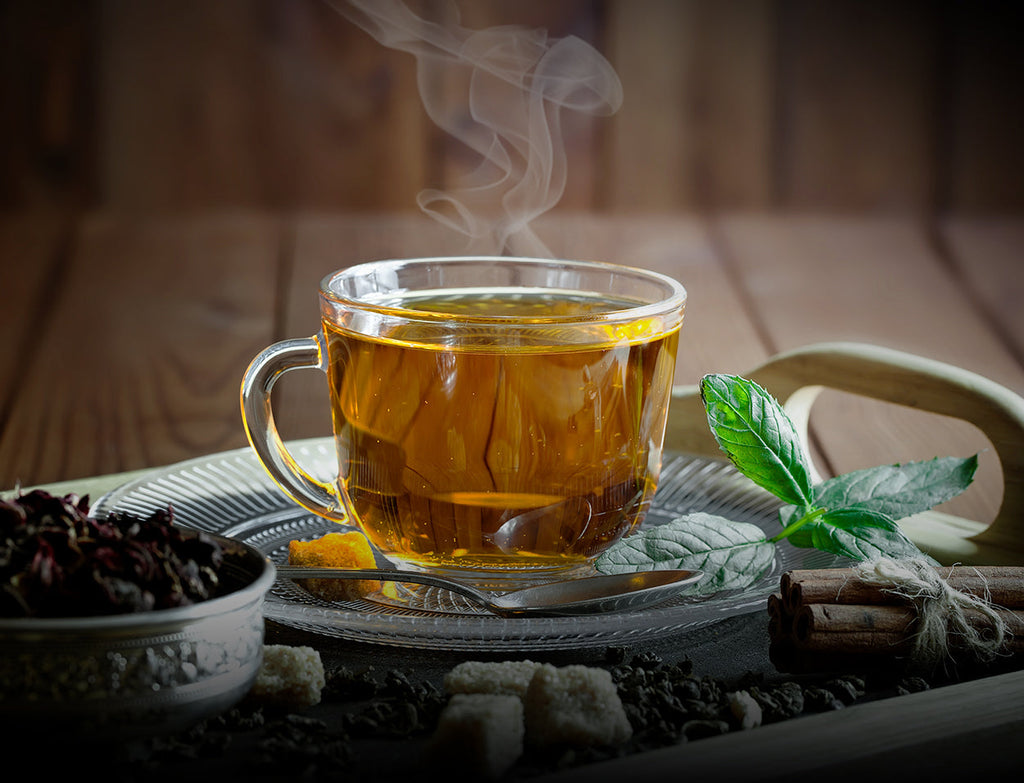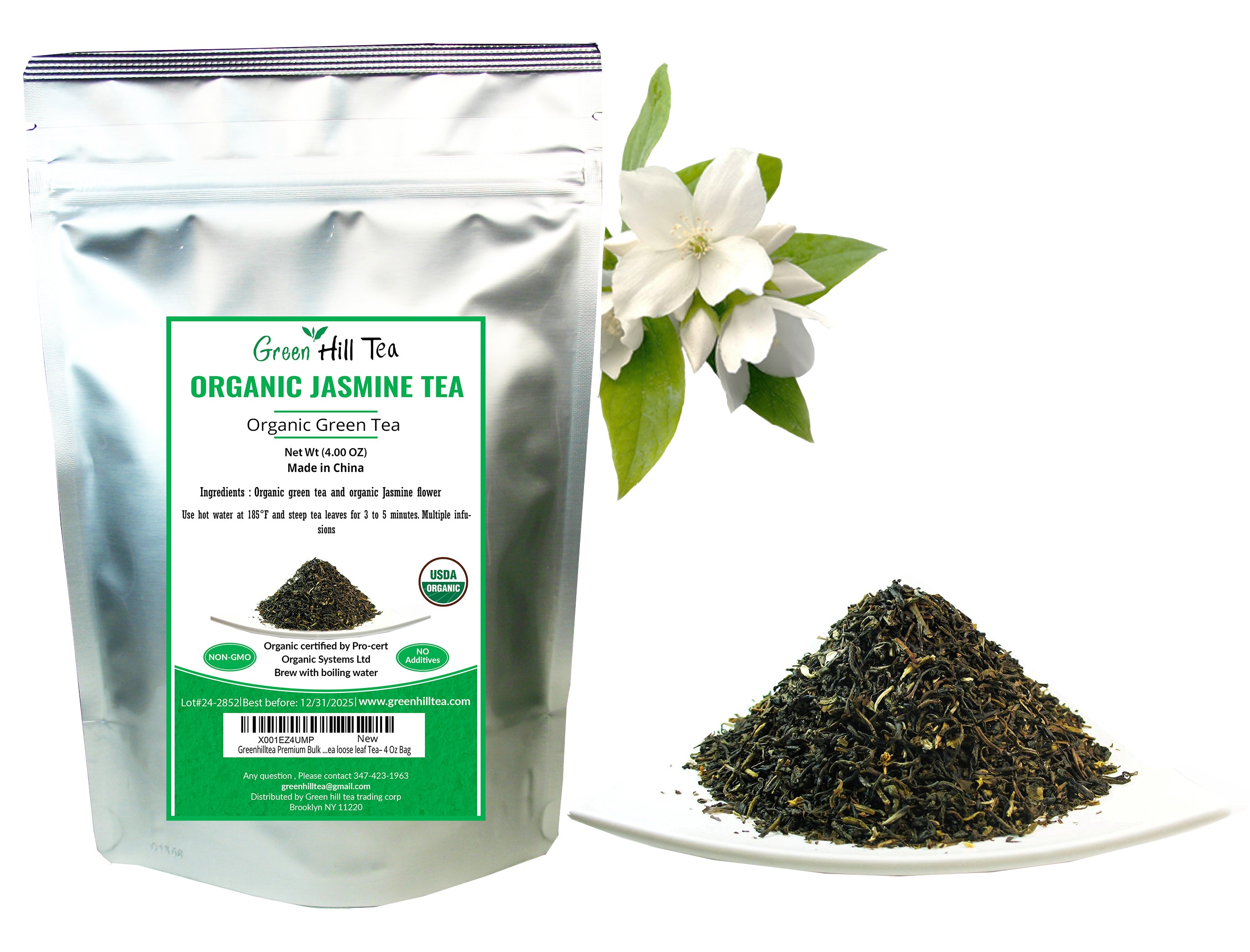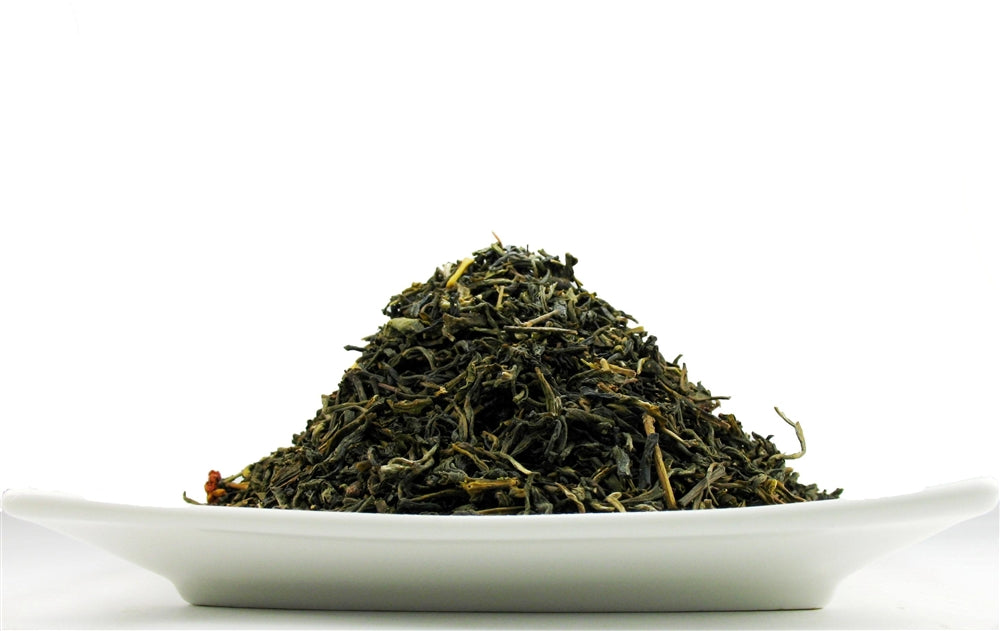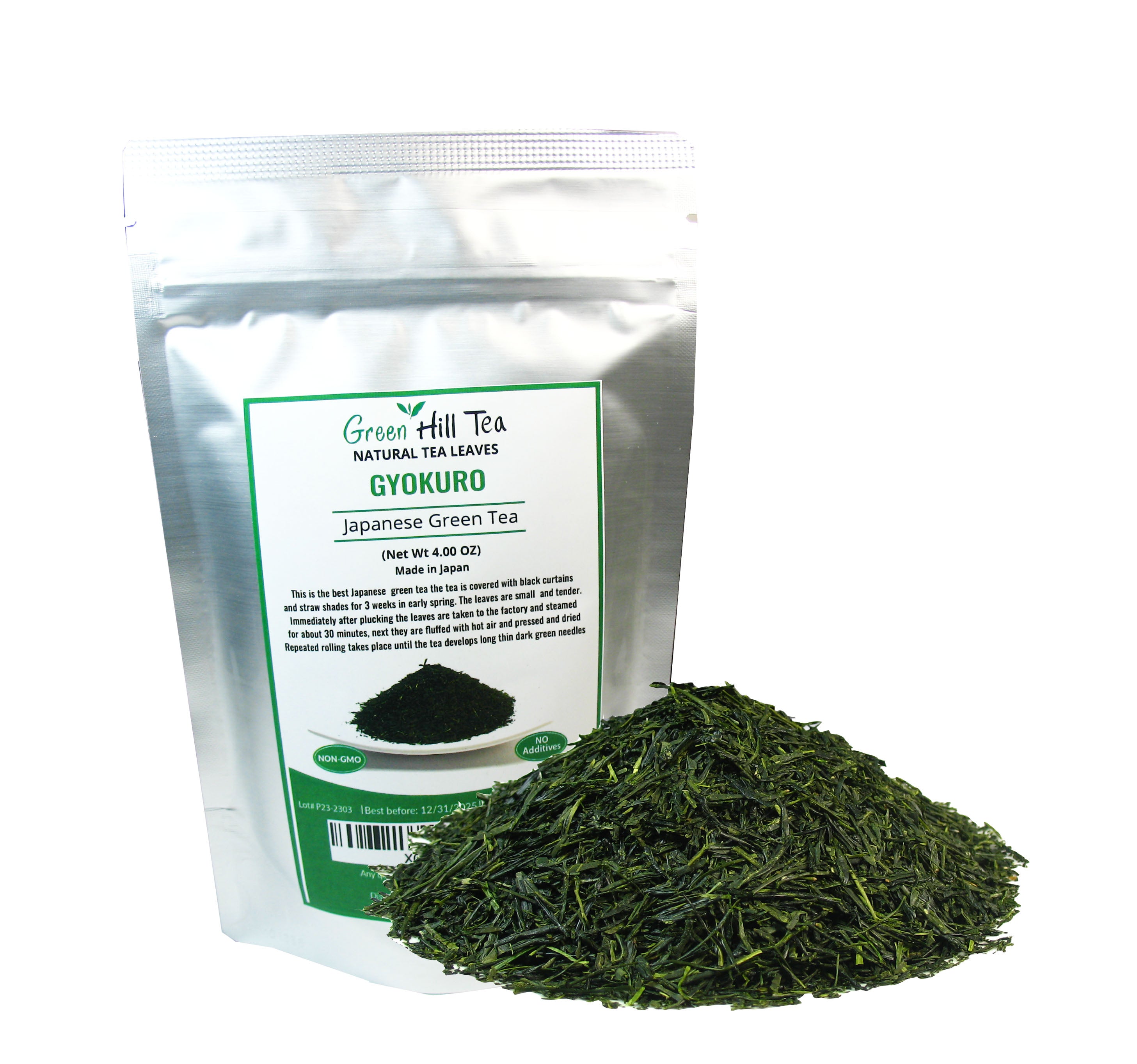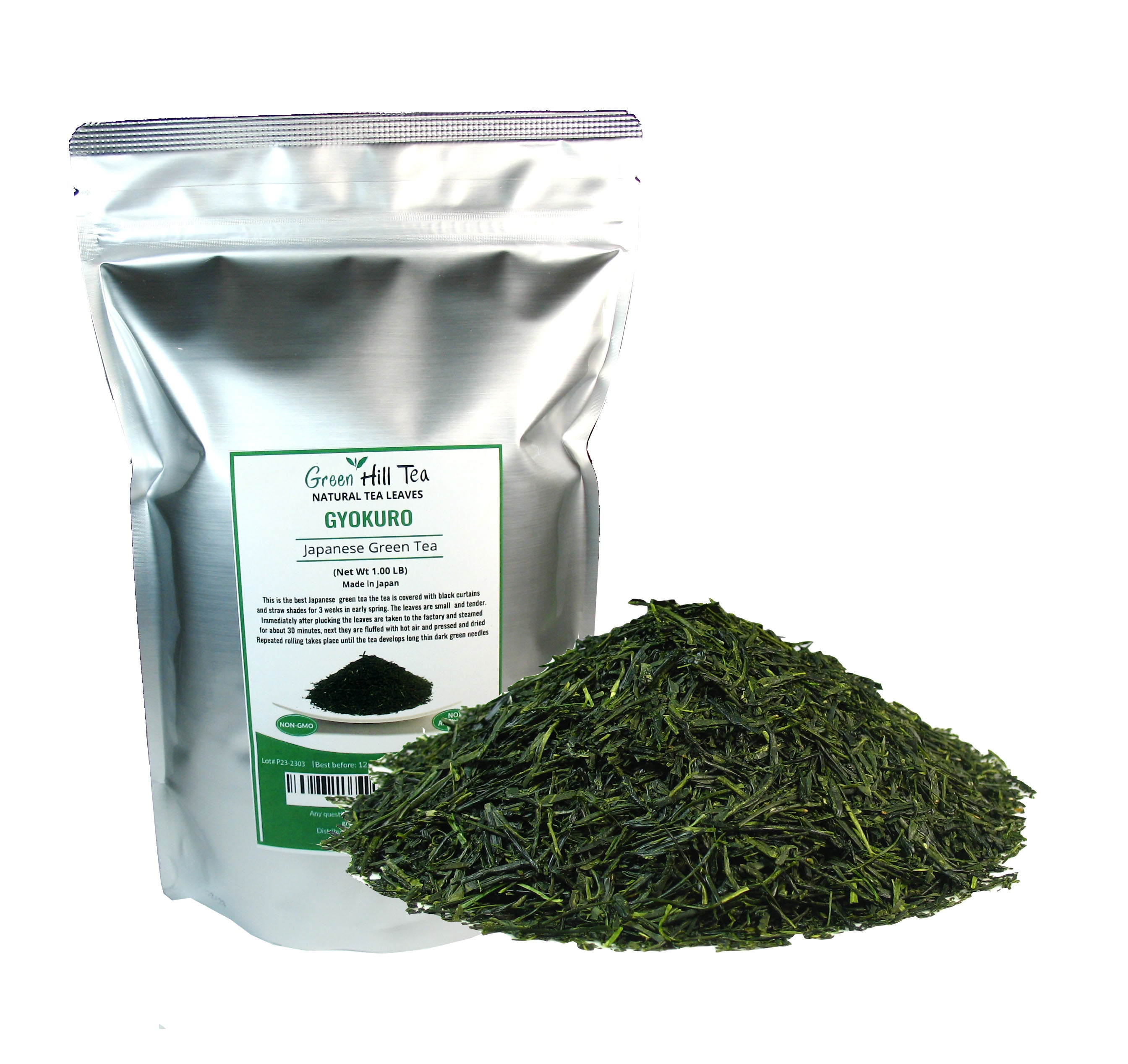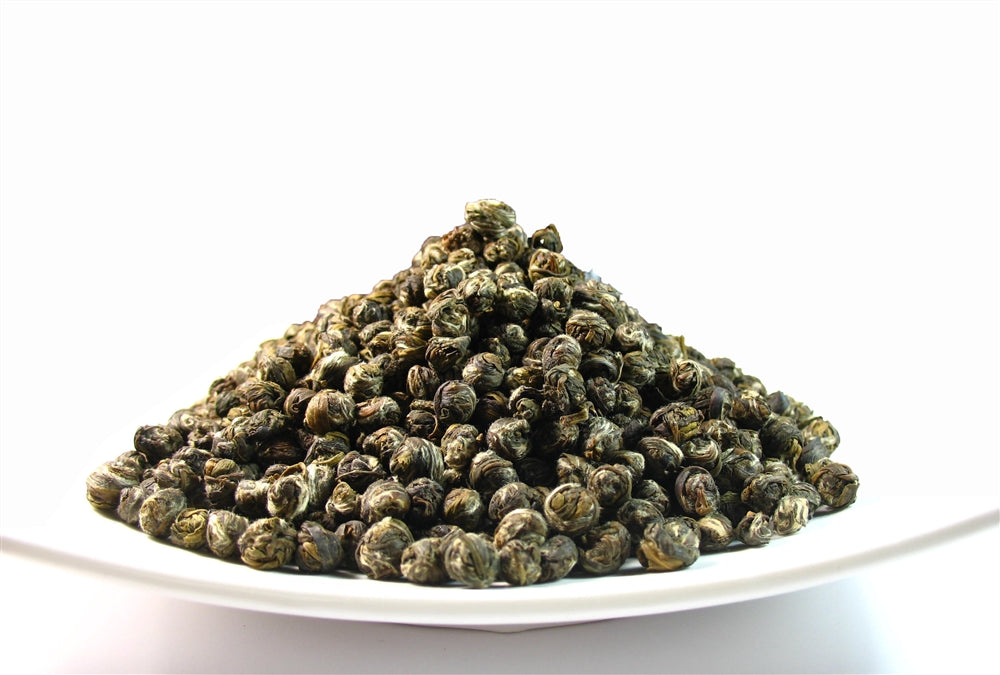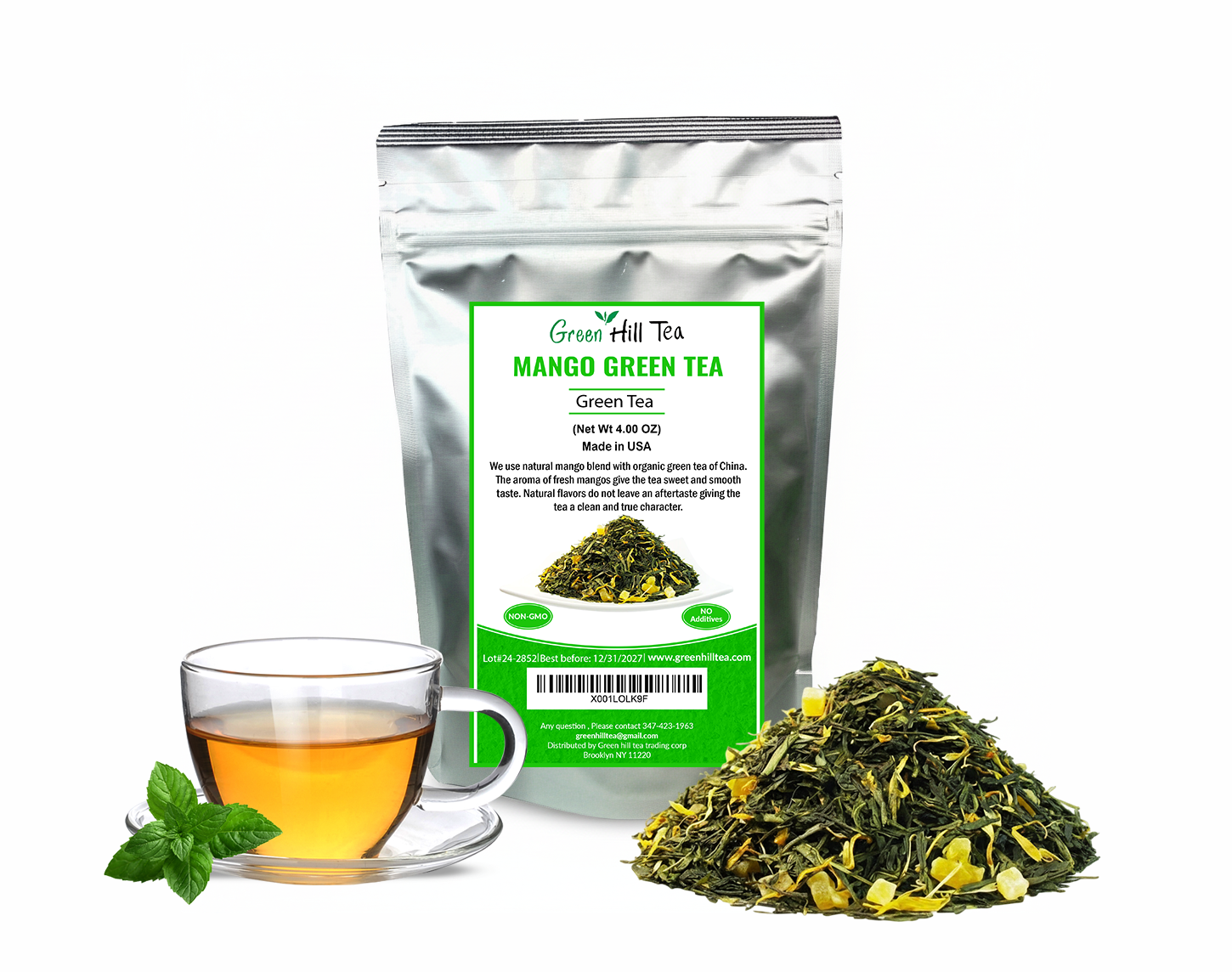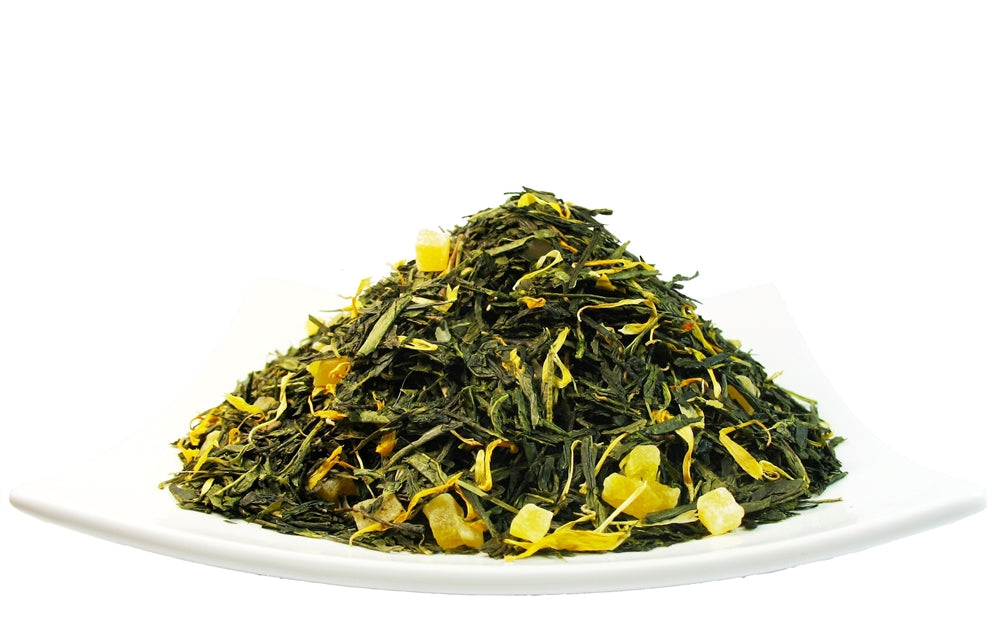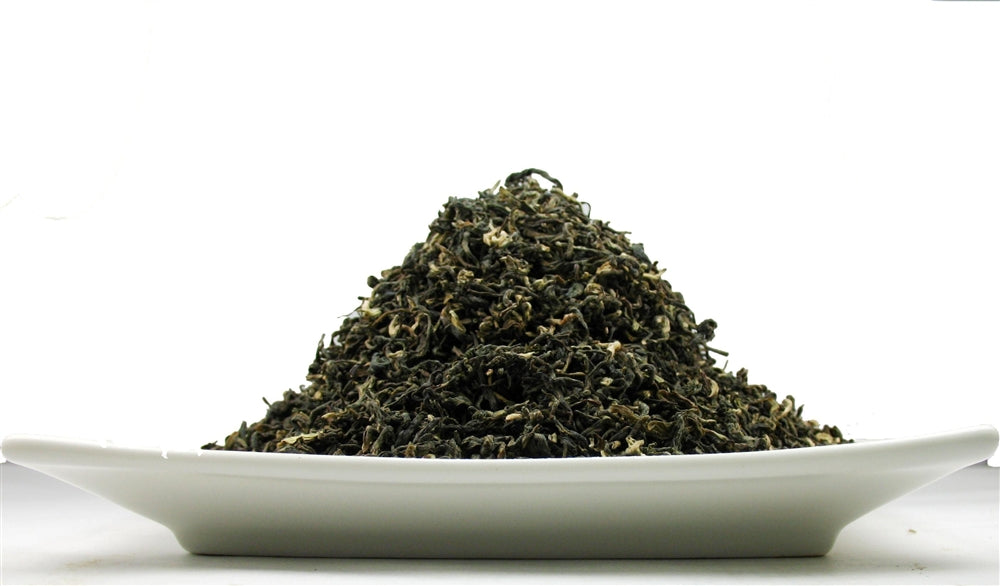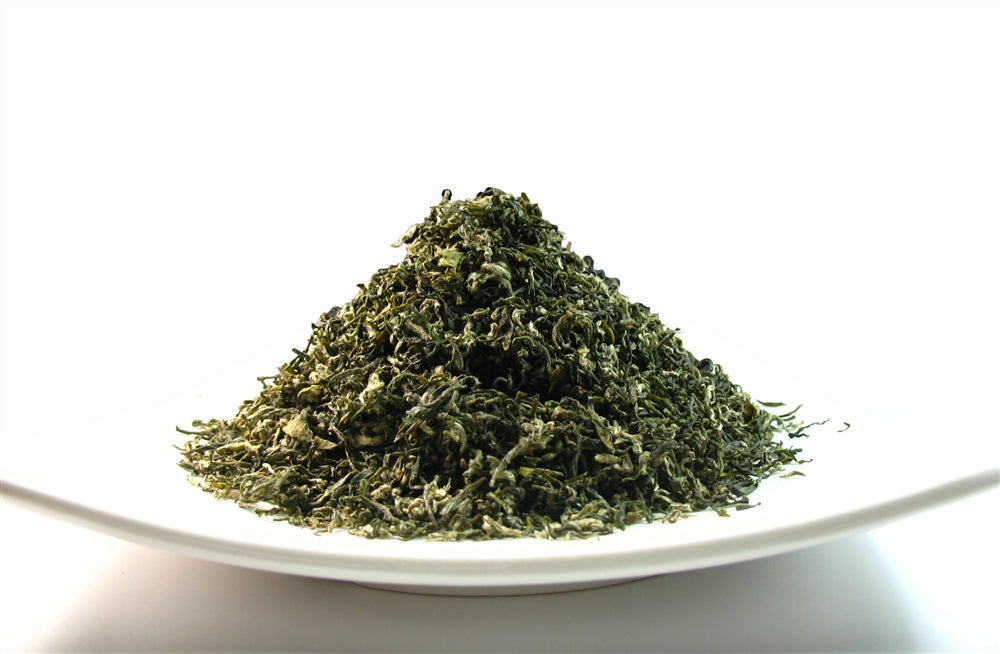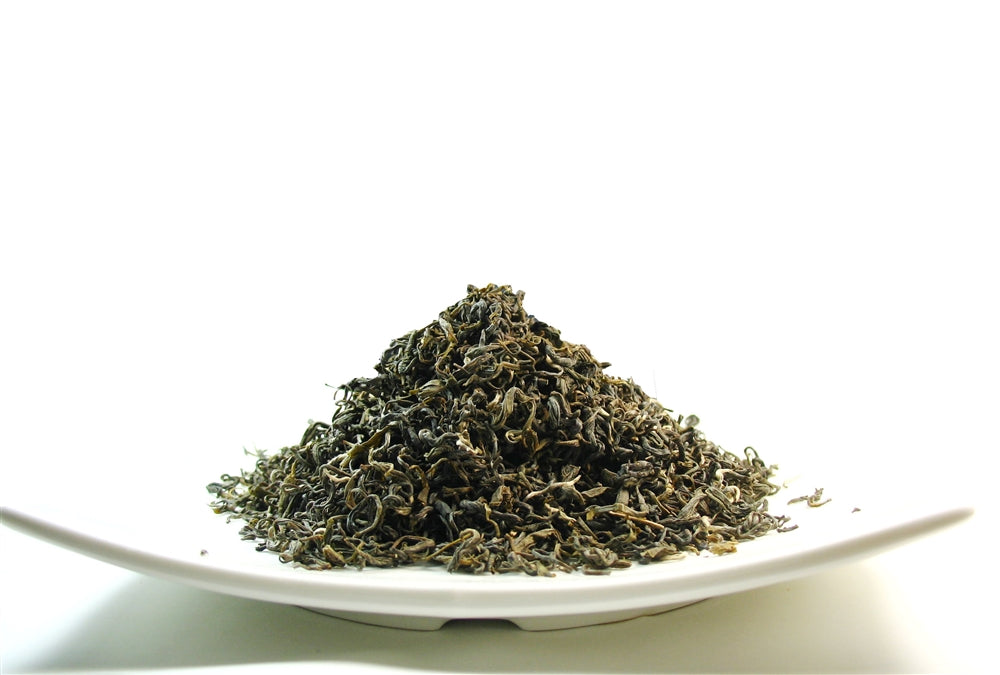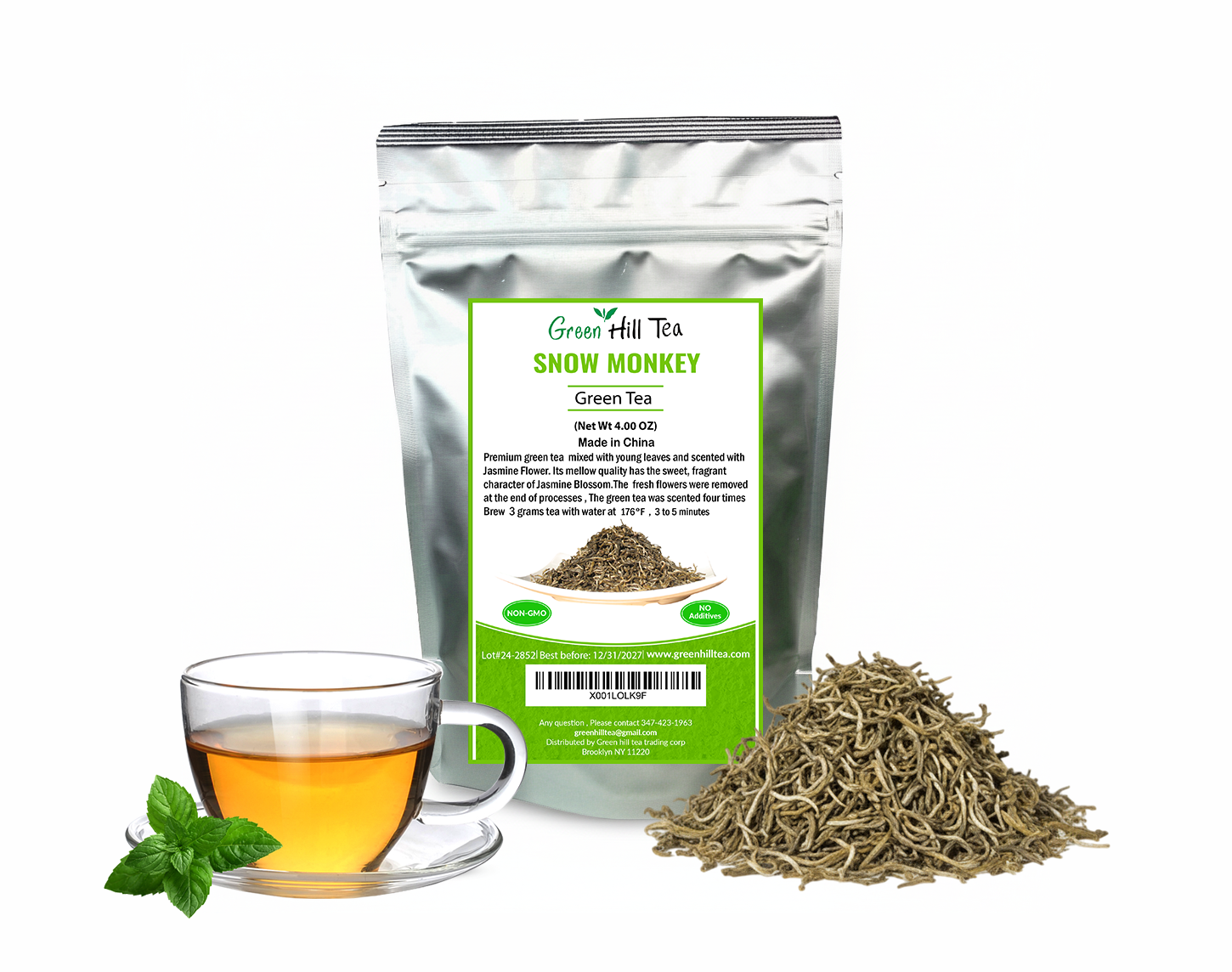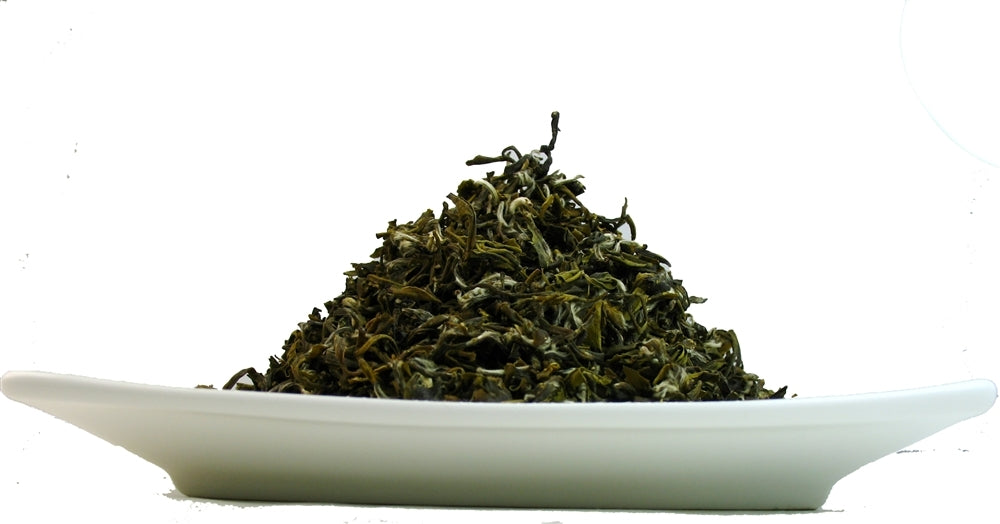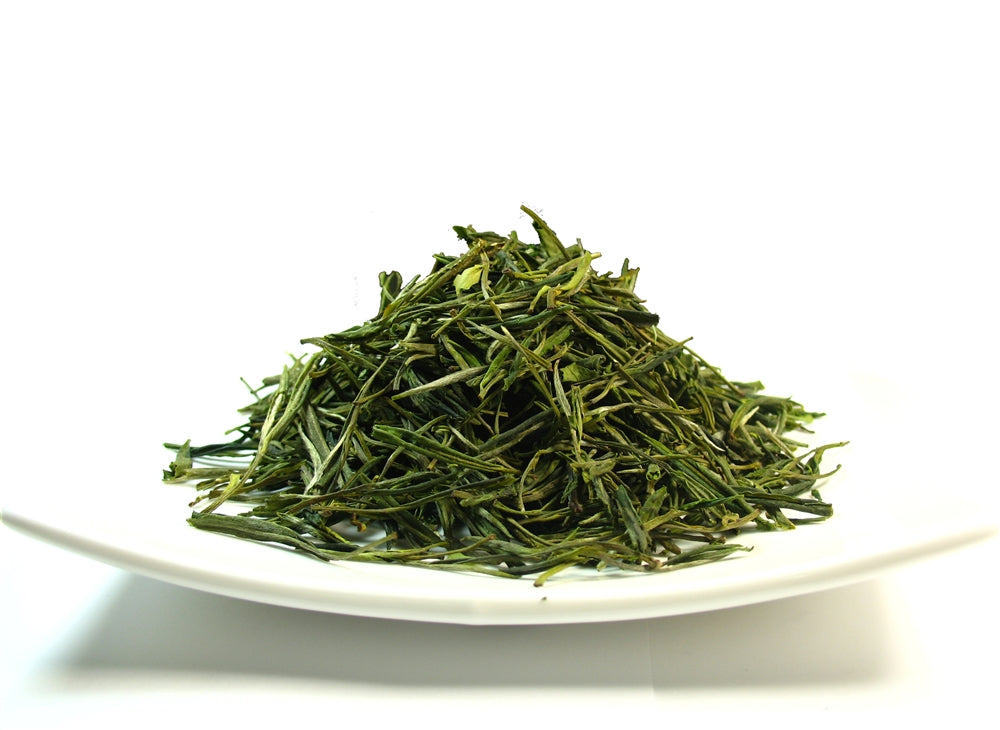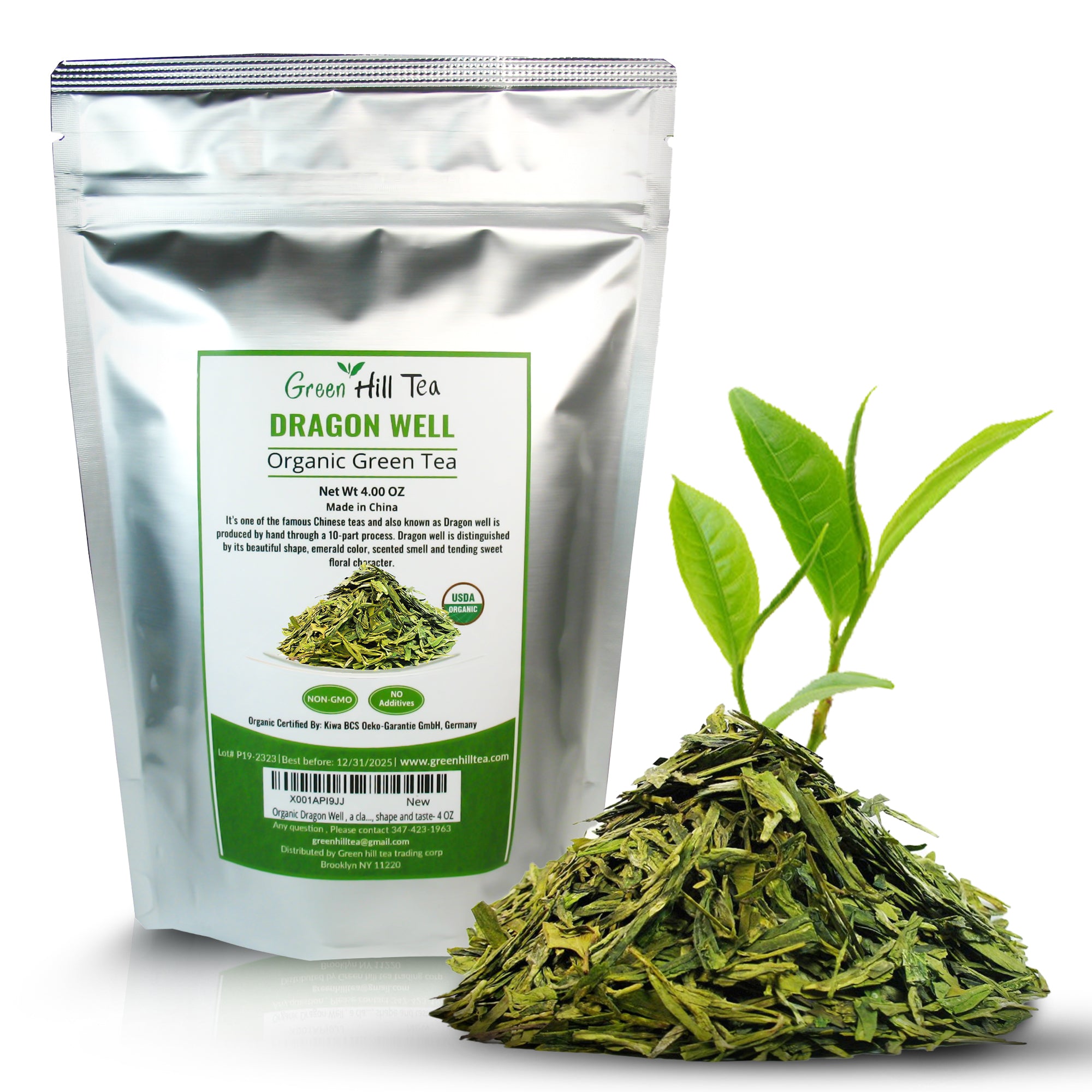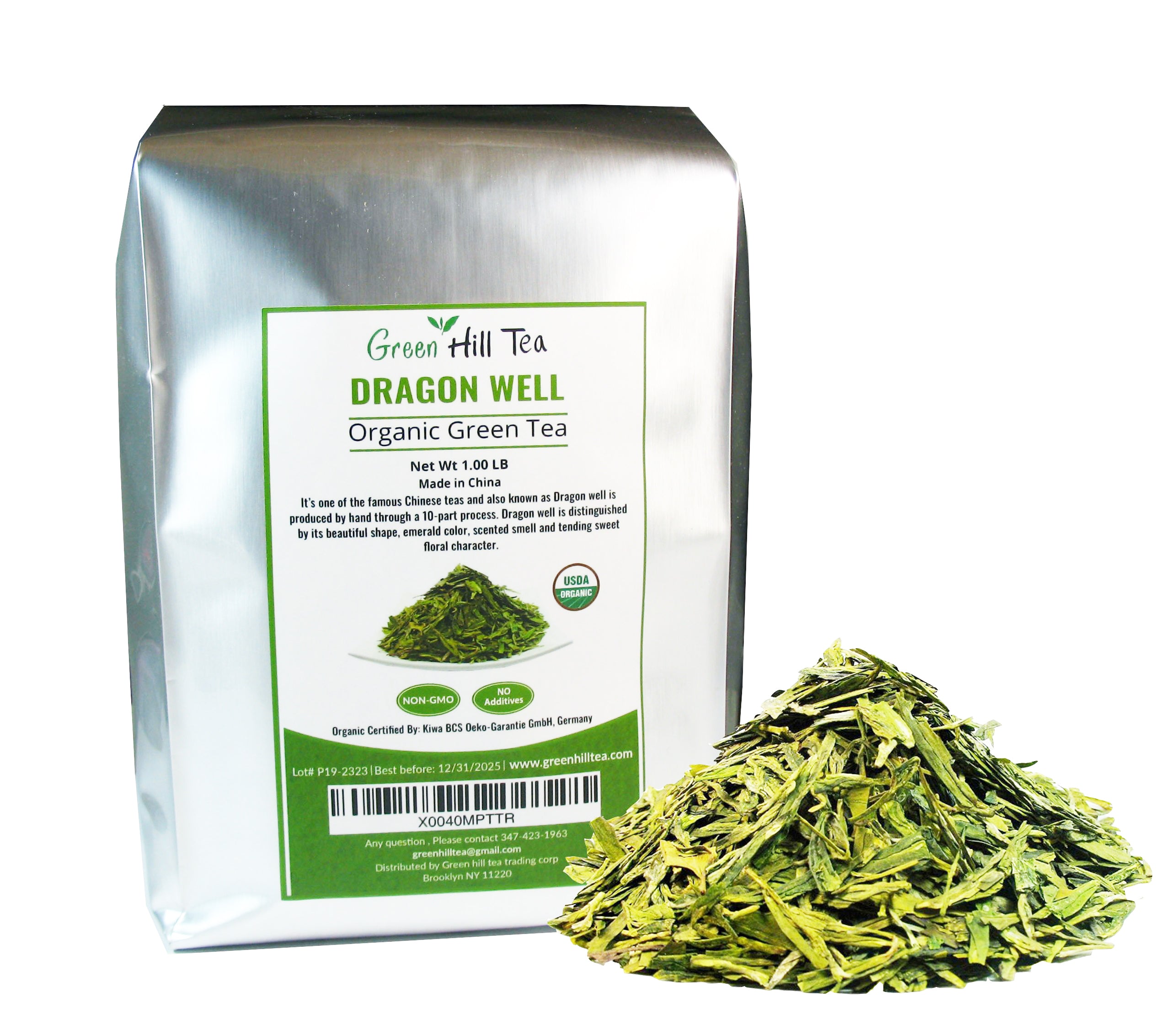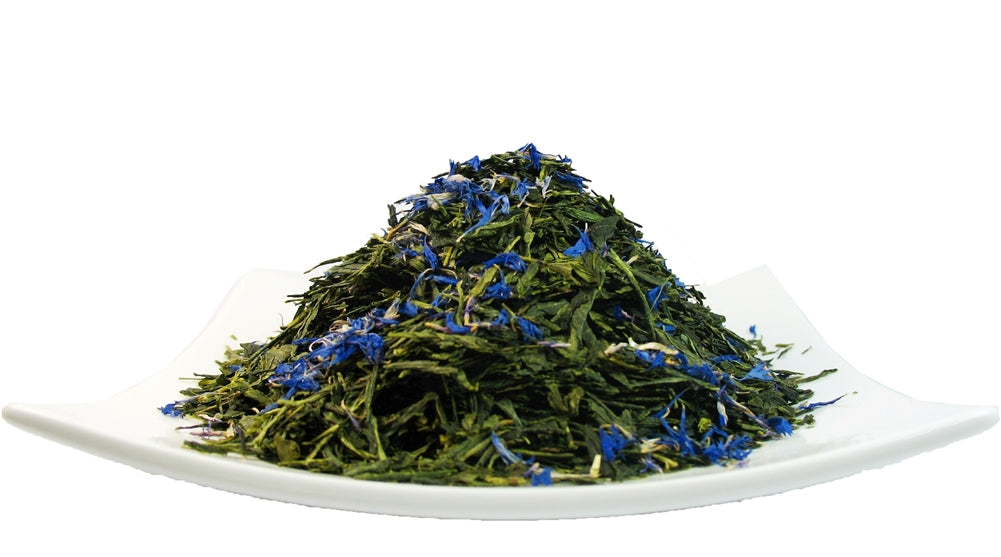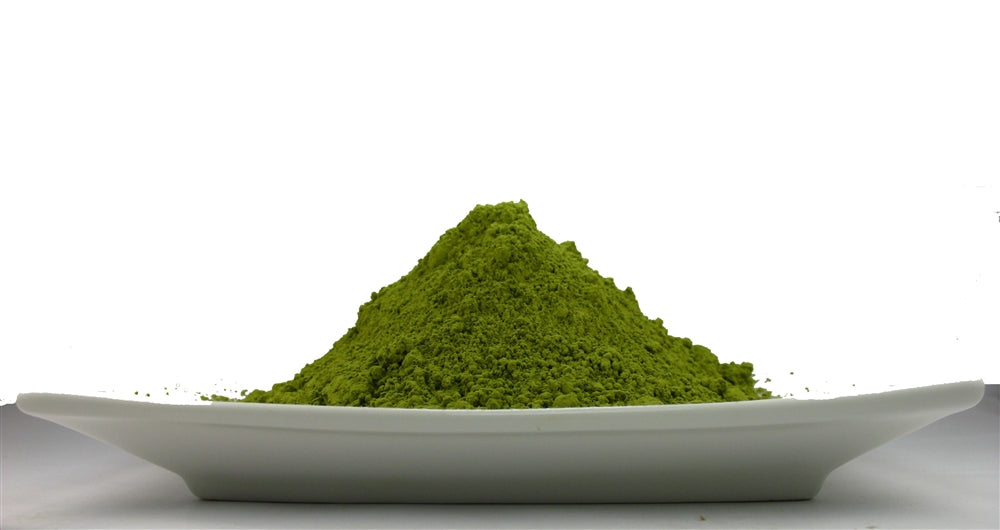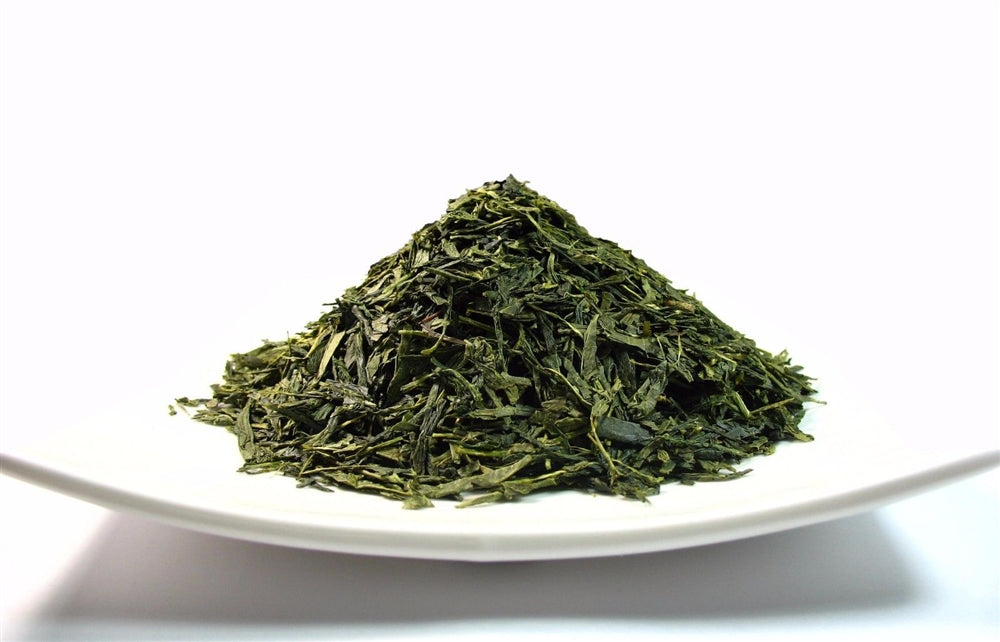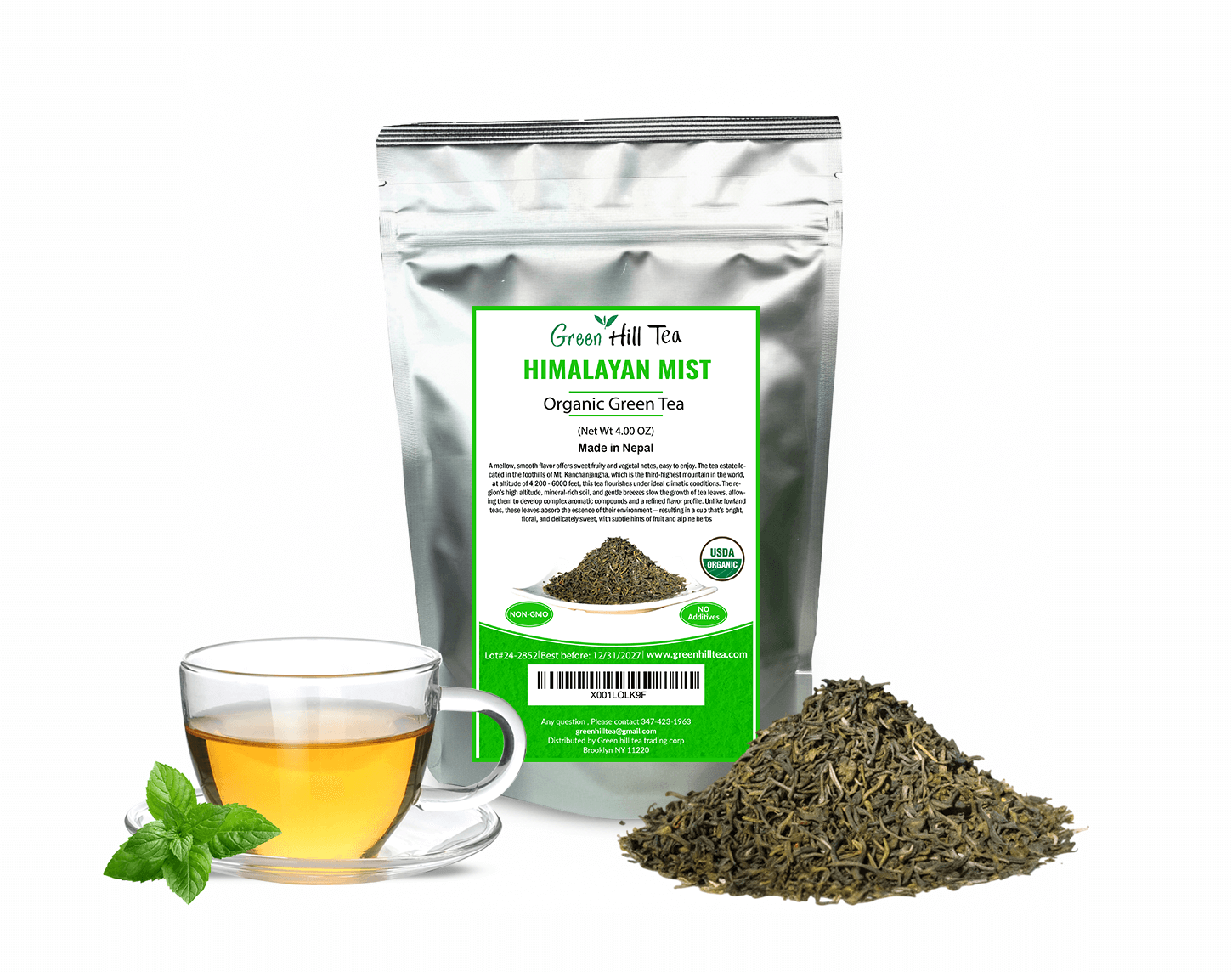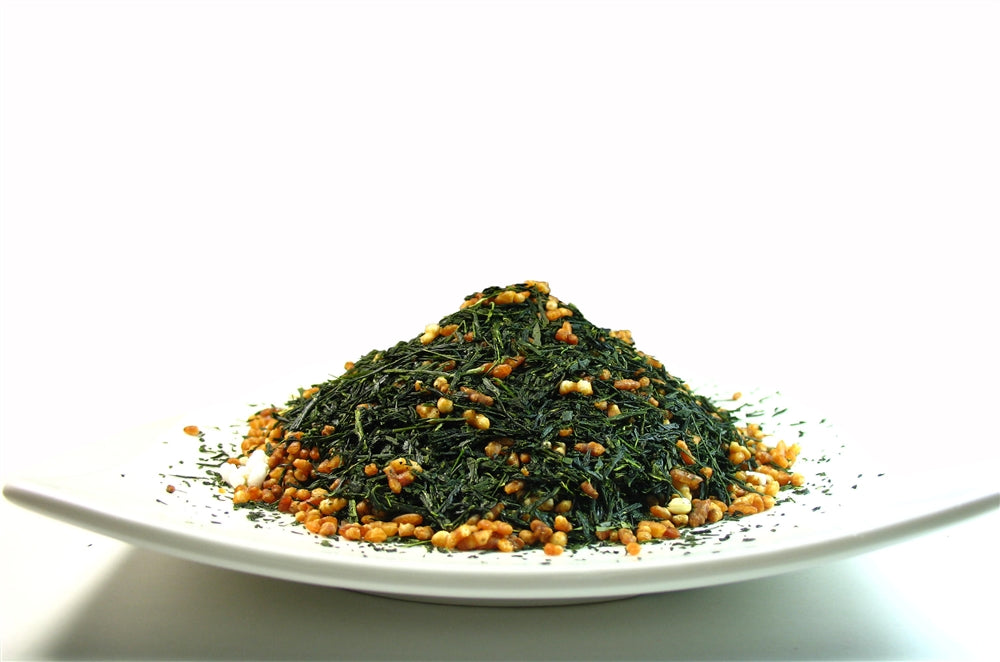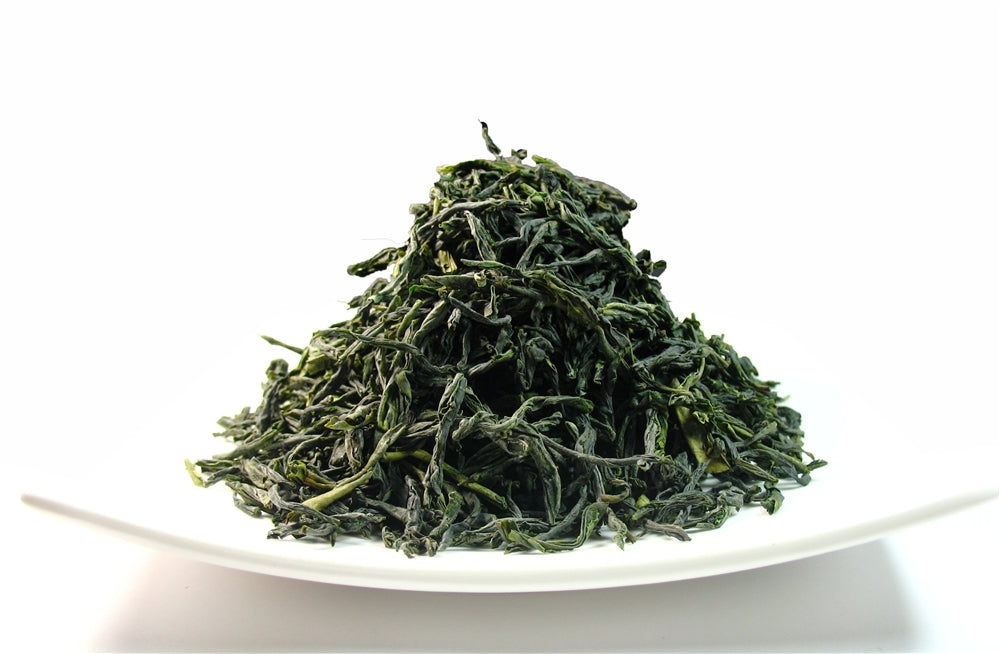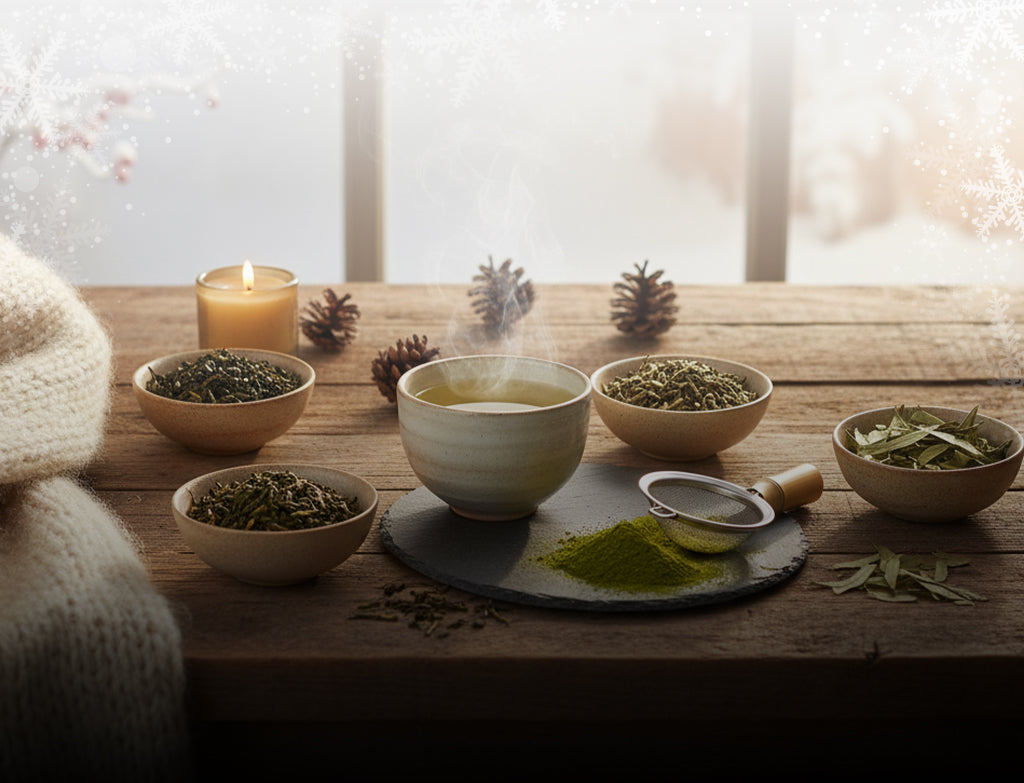
7 Best Green Teas for Winter to Keep You Warm and Healthy

Winter brings shorter days, colder winds, and a higher risk of viral infections. Your body needs warmth, steady energy, and immune support, and green tea remains one of the most helpful additions to your winter routine. Rich in antioxidants, amino acids, and polyphenols, green tea offers benefits backed by decades of scientific studies.
Below are the 7 best green teas for winter, chosen for their flavor, purity, and health profile, especially suitable for your daily cup.
1. Decaf Jasmine Green Tea
For anyone who wants the benefits of green tea without caffeine, especially during the darker winter evenings.
Cold-season advantages:
-
Helps you wind down while staying warm
-
Floral aroma supports relaxation
-
Suitable for late-night sipping without disturbing sleep
This is a perfect winter alternative to caffeinated drinks.
2. Organic Jasmine Green Tea
A winter-friendly tea that combines floral aroma with the benefits of green tea. The natural scent of jasmine brings a pleasant sensory calm during stressful winter weeks.
Winter advantages:
-
Contains antioxidants that defend against free radicals
-
Helps ease winter tension and supports mental relaxation
-
A refreshing option after hearty meals
3. Gyokuro Japanese Green Tea
A premium, shade-grown Japanese tea known for its umami-rich profile. Gyokuro contains high levels of L-theanine, an amino acid that promotes calm alertness.
Why it suits winter:
-
Supports focus during darker, slower days
-
High antioxidant levels for seasonal wellness
-
Smooth taste that pairs well with warm snacks
4. Organic Japanese Matcha
Matcha is powdered green tea, giving you the full leaf and higher nutrient density. Perfect for winter mornings when you need warmth and clarity.
What makes it ideal for winter:
-
Supports energy levels without sudden crashes
-
High chlorophyll content supports detox
-
Warm, creamy texture adds comfort on cold mornings
5. Organic Wuyi Green Tea
A unique Chinese green tea from the Wuyi mountains, known for its mineral-rich profile.
Winter-friendly benefits:
-
Helps maintain hydration in dry weather
-
A slight roasted undertone offers a warm mouthfeel
-
Supports metabolism during low-activity days
Its minerality makes it refreshing yet grounding.
6. Huang Shan Mao Feng Green Tea
Harvested from high altitudes, this tea has a delicate, fresh flavor with silky texture. It’s often recommended for those sensitive to stronger teas.
Why it’s good for cold months:
-
Naturally supports immunity
-
Offers gentle warmth without bitterness
-
Light enough to sip throughout the day
A comforting choice when you want something mellow but beneficial.
7. Organic Dragon Well Green Tea
One of China’s most prized teas, known for its smooth and mildly nutty taste. Its warm, roasted aroma provides natural comfort when temperatures drop.
Why it’s good for winter:
-
Rich in catechins that support immunity
-
Helps with digestion during heavy winter meals
-
Provides gentle energy without overstimulation
Tip: Brew at 75–80°C for a calm, golden cup.
How to Choose the Right Green Tea for Winter
Consider these points:
-
Energy needs
Matcha and Gyokuro for mornings, and decaf jasmine for evenings. -
Digestive comfort
Dragon Well and Wuyi green tea help when holiday meals feel heavy. -
Relaxation
Jasmine and decaf jasmine bring gentle calm. -
Immunity
High-catechin teas such as Mao Feng and Matcha support wellness.
Brewing Tips for the Perfect Winter Cup
-
Water temperature: 70–80°C
(Green tea becomes bitter if the water is too hot.) -
Steeping time: 1–3 minutes
Shorter steeping gives a smoother taste. -
Additions:
A slice of lemon or a bit of raw honey works well in winter.
FAQs
1. Which green tea is best for immunity in winter?
A: Matcha, Mao Feng, and Jasmine Green Tea offer strong antioxidant levels that help support immunity.
2. Can I drink green tea on an empty stomach in winter?
A: Yes, but if you have a sensitive stomach, choose milder teas such as Mao Feng or Wuyi.
3. How many cups of green tea should I drink daily?
A: 2–3 cups are generally considered ideal for most people.
4. Is decaf green tea still healthy?
A: Yes. It retains antioxidants and offers calm warmth without caffeine.
5. Which green tea helps with winter fatigue?
A: Matcha and Gyokuro offer steady energy and mental clarity.
